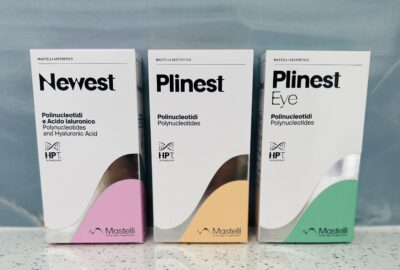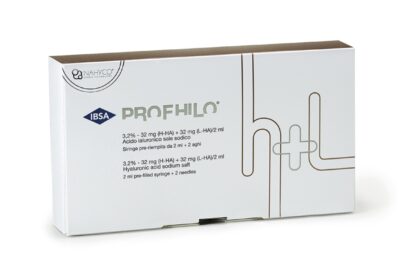All the information you need should be readily available on the clinic website. There shouldn’t be any hiding behind a ‘facebook’ or ‘instagram’ only account. Any reputable and trustworthy practitioner should be happy to tell you about their credentials without becoming defensive or rude. This is perfectly normal question since this is your face they are treating. The following is a guide to the sort of information you should be searching for before you book in for a treatment:
- Make sure the practitioner holds medical qualification e.g. doctor, nurse, dentist, physio, podiatrist, ODP, paramedic. Also ensure you can find their Professional, Statutory and Regulatory body (PSRB) number on the register e.g. GDC, GMC, HCPC, NMC
- Make sure the clinic or practitioner is fully insured with a well regarded aesthetics insurance company e.g hamilton Fraser, cosmetic insure
- Make sure the practitioner has a prescribing qualification or working under the supervision of a prescriber (known as medical supervision) so that any prescription medications required e.g. botox, antibiotics, medical grade skin care, can be prescribed for you
- Price point should be about average for the medical clinics in the area. If the price is significantly cheaper than standard medical clinic prices in your area then this should raise alarm bells. This normally means 2 things:
- The practitioner treating you or the clinic is run by non-medical practitioners . A non-medical practitioner is someone who has no medical qualifications.
- Cheap products are being used in your face. Cheap products are cheap for many reasons such as they don’t have a license, they are not CE marked or FDA approved or they’ve not been part of clinical trials. In general products used in the aesthetics industry e.g.dermal filler are considered safe if they have been ordered from a UK pharmacy. However, if the product e.g. dermal filler has been bought from a wholesaler rather than a reputable pharmacy then this is unlikely to have gone through the necessary safety checks required as above and there would be no traceability if there were to be a problem with the product.
Remember, “If its too cheap then its normally too good to be true”.



